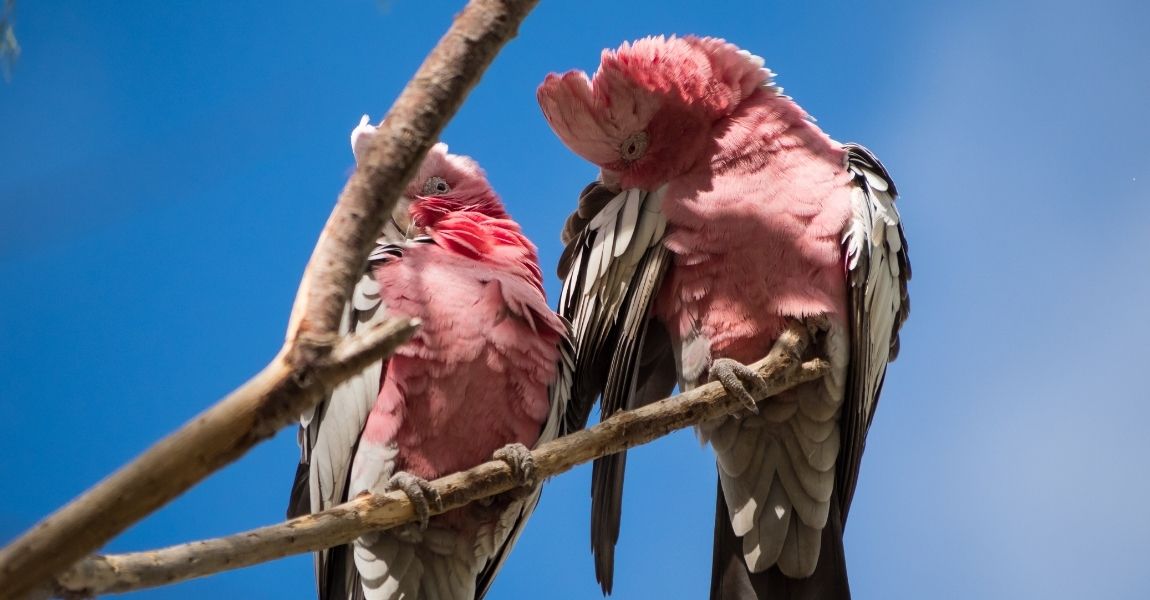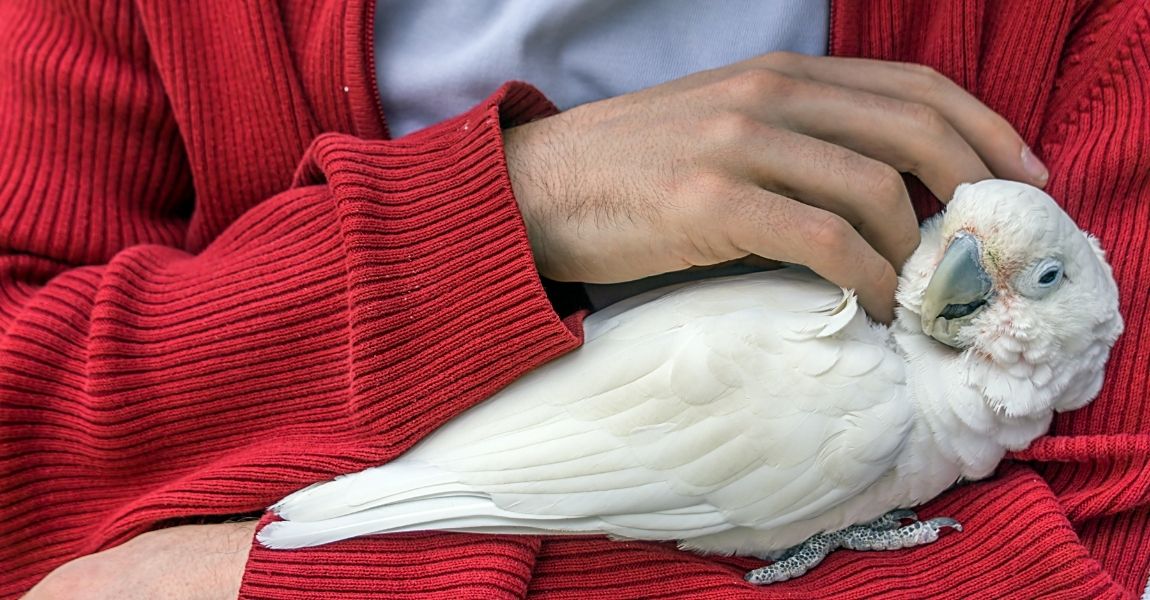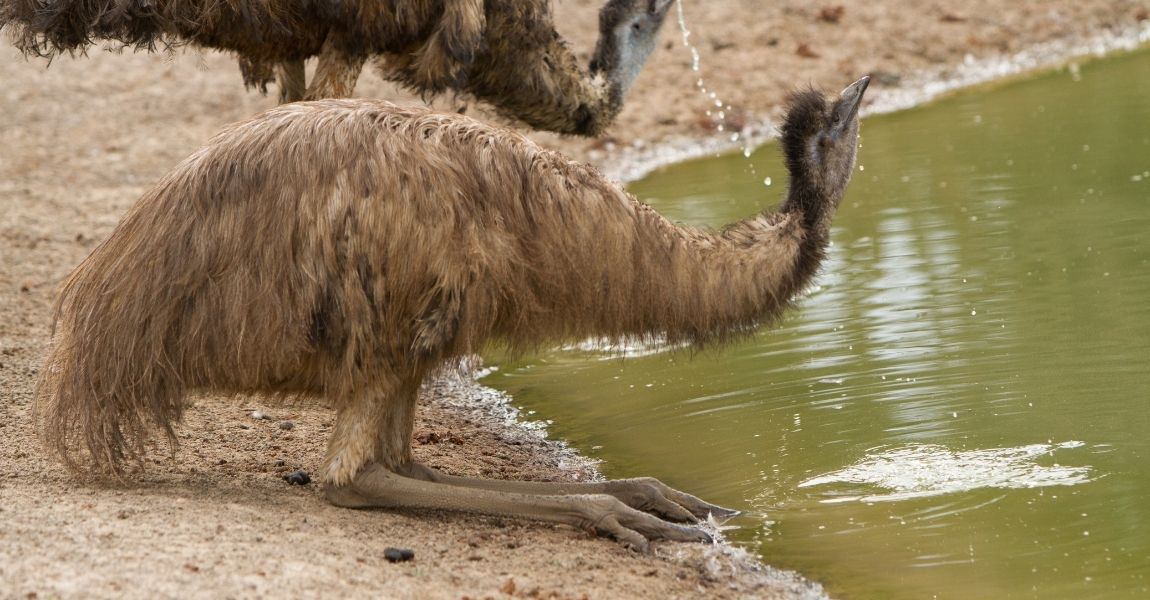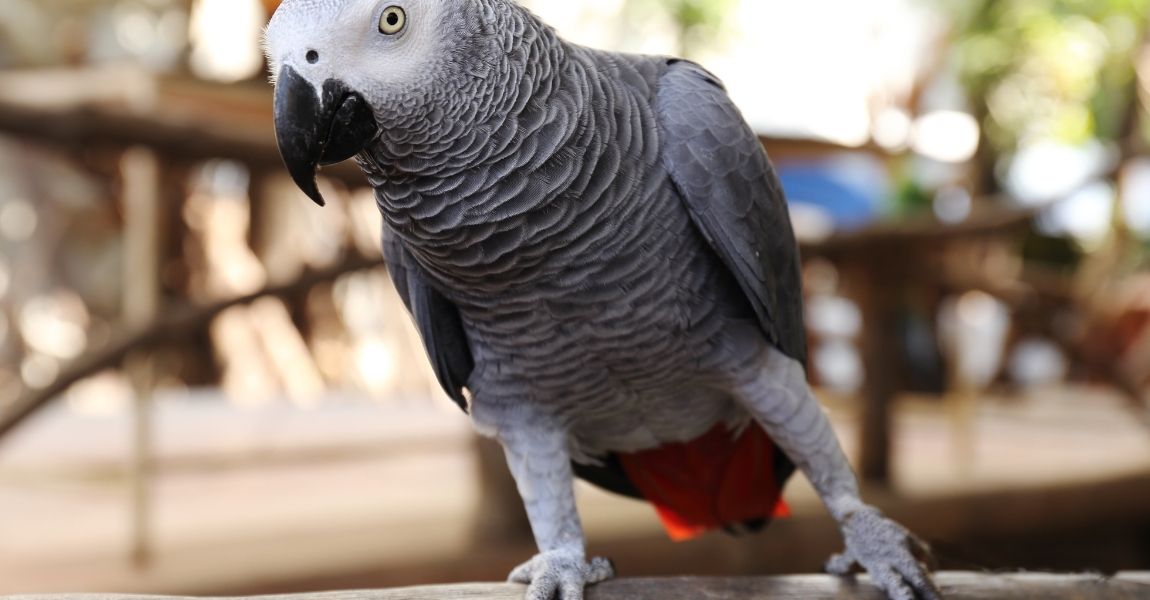Understanding Your Pet Cockatoo's Strange Behaviors
Introduction:
Owning a pet cockatoo can be an incredibly rewarding experience. These beautiful and intelligent birds bring joy and companionship into our lives. However, at times, cockatoos can exhibit strange behaviors that may puzzle or concern their owners. In this article, we will explore some of the common unusual behaviors displayed by pet cockatoos and help you gain a better understanding of what they might mean.
Vocalizations:One of the most distinctive features of cockatoos is their vocal abilities. While their loud calls and screeches can be endearing, they can also be perplexing. Cockatoos are highly expressive birds and use vocalizations to communicate a range of emotions, including happiness, excitement, and even frustration. By paying attention to the context and accompanying body language, you can decipher the meaning behind their vocalizations.
Feather Plucking:Feather plucking is a behavior that can be concerning for cockatoo owners. This behavior occurs when a bird excessively preens, pulls, or chews its feathers, leading to feather loss and potential skin damage. Feather plucking can have various causes, including boredom, stress, illness, or lack of mental stimulation. Identifying the underlying cause and addressing it, such as providing enriching activities, a balanced diet, and a stimulating environment, can help reduce or eliminate this behavior.
Crest Positioning:The crest on a cockatoo's head is an essential indicator of their emotional state. Cockatoos can raise or lower their crest depending on their mood or level of excitement. A raised crest often signifies alertness or curiosity, while a lowered crest can indicate relaxation or contentment. However, a permanently raised or flattened crest can be a sign of stress or discomfort, requiring further investigation and potential intervention.
Head Bobbing:Head bobbing is a common behavior observed in cockatoos. It involves rhythmic and repetitive movements of the head, often accompanied by vocalizations or body movements. While head bobbing can be a natural expression of excitement or playfulness, it can also indicate anxiety or discomfort. Understanding the context and observing other behaviors can help determine whether the head bobbing is a normal part of their behavior or if it requires attention.
Bonding and Aggression:Cockatoos are highly social birds that form strong bonds with their human caregivers. However, sometimes they can display possessive or aggressive behavior towards certain individuals or objects. This behavior is often a result of their strong attachment to their human companions and their need for attention and interaction. Proper socialization, consistent training, and providing adequate mental and physical stimulation can help manage and redirect any aggressive tendencies.
Conclusion:Understanding your pet cockatoo's strange behaviors is crucial for building a strong bond and providing them with the care they need. By observing their body language, vocalizations, and the context in which these behaviors occur, you can decipher their messages and address any underlying issues. Remember, each cockatoo is unique, and their behaviors may vary. If you're ever concerned about your cockatoo's behavior, it's essential to consult with avian experts or veterinarians who specialize in bird behavior. With patience, love, and proper care, you can ensure a harmonious and fulfilling relationship with your feathered friend.





